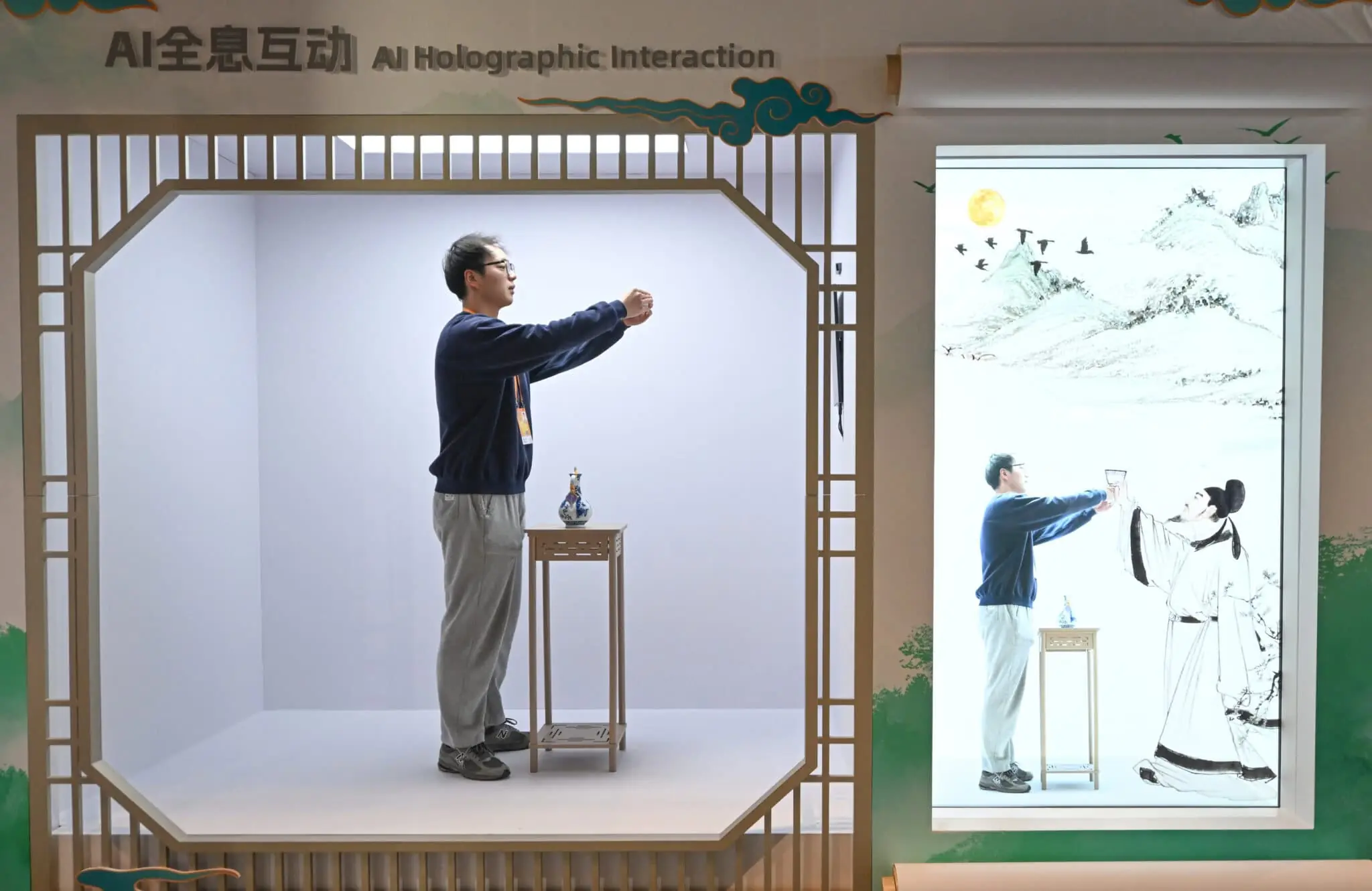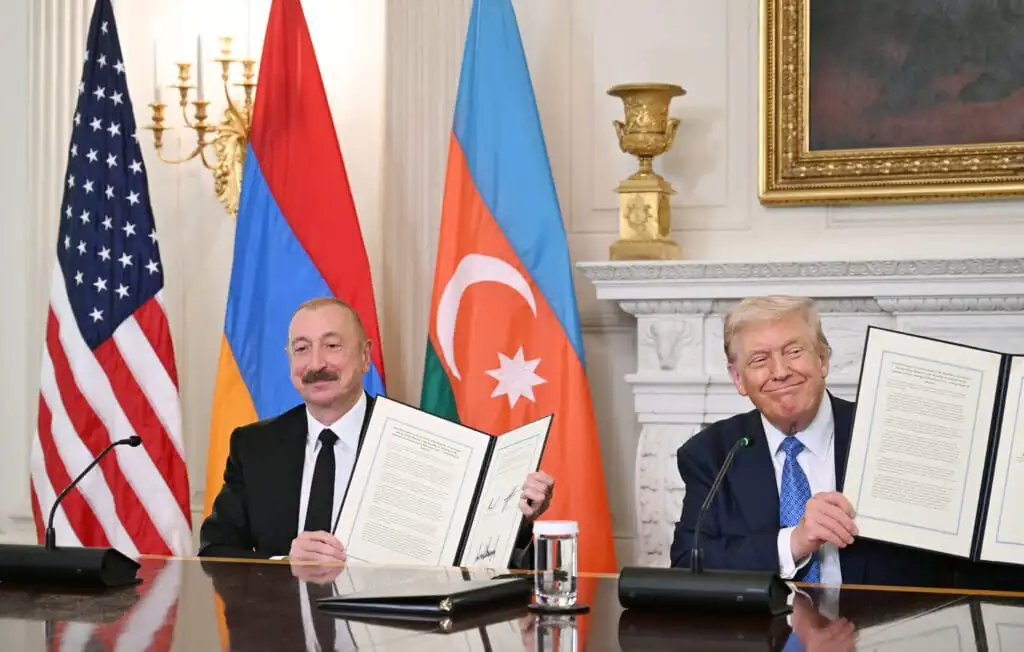
Culture as a Tool for Trustworthy AI
This report is part of the larger compendium “Future-Proofing U.S. Technology: Strategic Priorities Amid Chinese Tech Advancement.”
Read the full report
Read the full compendium
Executive Summary
Inclusive AI governance is critical to ensuring that overlooked voices across countries in the Global South possess the ability to participate, discuss, and make decisions surrounding AI access and development. Yet, the underlying politics and the power competition of AI access and development must not be ignored, either. China maintains a proactive track record for engagement with the Global South in terms of development and outreach, often emphasizing the concept of protecting sovereignty. Currently, China offers not only the crucial digital infrastructure needed for AI technologies but is now also providing a sophisticated variety of tools, especially as seen with the release of DeepSeek R-1 and V-3. As a result, it is possible for a new wave of AI applications to be built using this open-source Chinese LLM and the consequences for such a potential diffusion of tools based on techno-authoritarian leaning values is still not completely understood.
Solidifying American Leadership in AI
This policy report examines solutions that emphasize collaborative arrangements and inter-organizational initiatives to create a diverse input of ideas that are tailored to the local level in order to empower and connect communities across the globe. This report illuminates how trustworthy AI is affected by politics and power competition and recommends ways to coordinate and institutionalize trustworthy AI given these dynamics. There is an opportunity for policymakers to work together to promote the trust-building approaches needed to adopt AI systems that are not based on authoritarian values.
The U.S. must not take an isolated approach to AI governance given the global landscape and must collaborate with its like-minded allies in order to reorganize, reconsider, and redevelop an AI vision that supports the nuances of values across local contexts in order to provide opportunities for an open foundation upon which to enable human flourishing through innovation. Additionally, it must realize that its AI leadership role must be delicate in its considerations, but often aggressive in its actions.
Policy Recommendations
- Support must be given to regional and local approaches to AI governance to capture contextual needs.
- Use evidence to analyze the progress of AI governance in terms of regulatory and normative trends at the domestic and international level to better understand the Chinese approach.
- The U.S. Artificial Intelligence Safety Institute at the U.S. Department of Commerce’s National Institute of Standards and Technology must continue to exist.
- Increase the number of opportunities for student and research exchanges in AI through programs like the Fulbright
- Create an AI Alliance with like-minded countries to facilitate AI development based on democratic values.
The views expressed in this article are those of the author and not an official policy or position of New Lines Institute.




